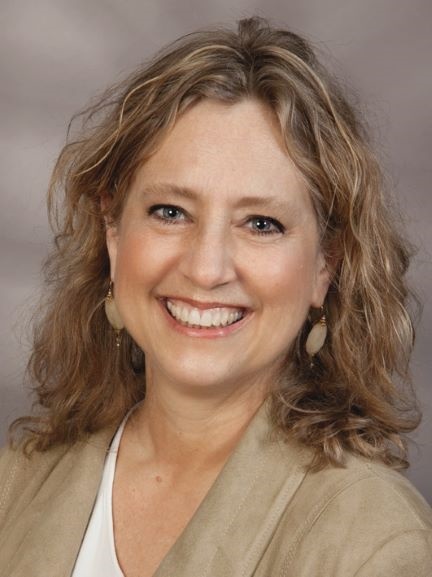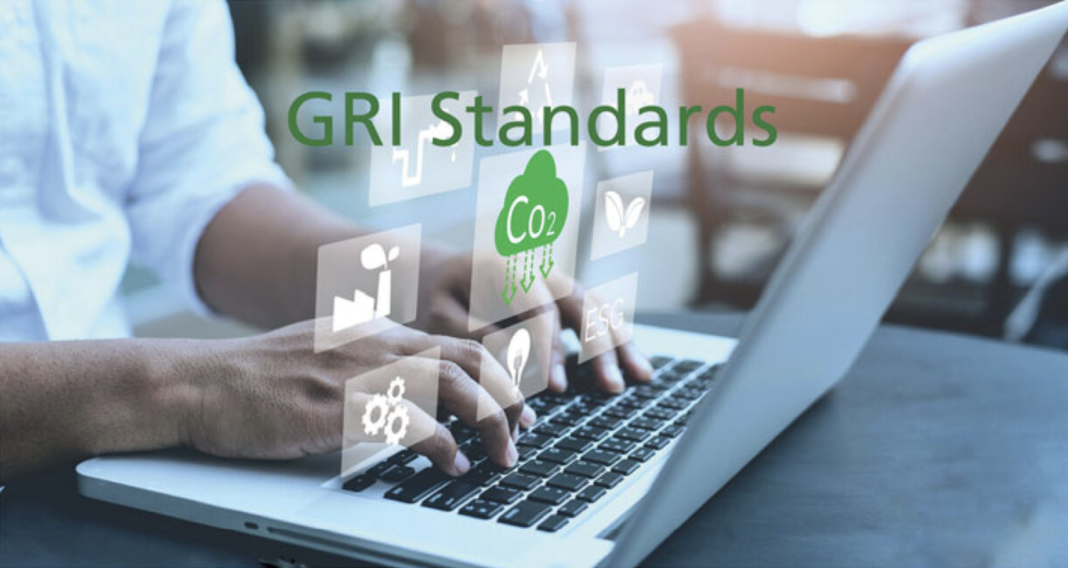The word „sustainability“ has been on everyone’s lips for quite some time. „Everyone“ suddenly wants to, has to, can be „sustainable“. But although there is fundamental agreement on what „sustainability“ means, the problem lies in the details. Communication standards help to avoid misunderstandings. By Brenda Benthien, translator at EnglishBusiness
When talking about “sustainability”, the name “Hans Carl von Carlowitz” quickly comes to mind. He formulated the principle of sustainability as early as 1713. His general principle of action for the use of resources focuses on preserving the essential characteristics, stability and natural regenerative capacity of the forest.
Talking about sustainability is often not sustainable
Basically, the term “sustainability communication” refers to communication about sustainable ecological, economic and social conditions and activities. However, when it becomes concrete and decisions have to be made on the basis of certain understandings, the dilemma quickly becomes apparent: “Sustainability” covers a wide range of terms and concepts that are thought of very differently. Talking about sustainability in a sustainable way is difficult!. Different understandings leads to major problems, especially within and between companies, and particularly when it comes to accountability and transparency.
A common global language to communicate impact
The Global Reporting Initiative (GRI) has set itself the task of eliminating these communication problems. It is an independent, international organisation, working with businesses, investors, policymakers, civil society, labor organisations and other experts. They help them to take responsibility for their impacts by providing a global common language to communicate those impacts. For this purpose, the initiative developed the world’s most widely used standards for sustainability reporting, the “GRI Standards”. They are regularly reviewed to ensure they reflect global best practice for sustainability reporting, helping organisations respond to emerging information demands from stakeholders and regulators.
GRI has governance bodies that oversee the development of its Sustainability Reporting Standards, and those that oversee the engagement and enhancement portions of its activities. All members of their governance bodies contribute their time and expertise on a voluntary basis. The GRI Secretariat, headquartered in Amsterdam, has a network of regional offices to support organisations and stakeholders worldwide.
The Standards deliver an inclusive picture of an organisation’s material topics, their related impacts, and how they are managed. Universal Standards, which apply to all organisations, incorporate reporting on human rights and environmental due diligence in line with intergovernmental expectations. Sector Standards enable more consistent reporting on sector-specific impacts.
Sustainability across sectors
The GRI recently announced a new addition to the GRI Standards, the “GRI 13: Agriculture, Aquaculture and Fishing Sectors 2022”. The aim of this project is to identify and describe the most significant impacts and stakeholder concerns for the agriculture, aquaculture, and fishing sectors with regard to sustainable development. This will serve as a foundation for increased transparency and more consistent reporting for organisations in the sectors.
These sectors have been prioritised based on their widely documented impact across economic, environmental, and social dimensions, including the effect they have on climate change and biodiversity, food security, farming and fishing practices, and community engagement. The sectors support a huge global workforce, from family-run farms or fishing vessels to workers in multi-national organisations. Some 2.5 billion people worldwide depend on these sectors for their livelihoods, particularly in developing economies where the effects of poverty are felt the most.
Agriculture, aquaculture, and fishing industries share common impacts associated with the production of food and non-food products and are fundamental to supporting food systems and producing materials like fibres and fuels. Transparency around these impacts enables sustainable development by contributing to the preservation of biodiversity and natural resources, the mitigation of climate change, and the adaptation of farming and fishing practices to minimise impacts.
Sustainability experts collaborate on new GRI Standard
An expert, multi-stakeholder project group created the Standard with the help of international instruments and sources. The group’s collaboration partners include representatives from the Food and Agriculture Organization (FAO)[1], the Organisation for Economic Co-operation and Development (OECD) Centre for Responsible Business Conduct (OECD)[2] and the World Benchmarking Alliance (WBA)[3].
The new Standard will be mandatory for companies in the sectors that report in accordance with the GRI Standards. GRI 13: Agriculture, Aquaculture and Fishing Sectors 2022 will increase the completeness and comparability of sustainability information for all organisations involved in crop cultivation, animal production, aquaculture or fishing. GRI 13 is available for download.[4]
Further information: https://www.globalreporting.org/standards/standards-development/sector-standard-for-agriculture-aquaculture-and-fishing/?dm_i=4J5,7WITV,6886Z4,WA93Y,1
Read more about the circular bioeconomy in the e-magazine:
https://www.goingpublic.de/aktuelles-epaper-lifesciences/
[1] https://www.fao.org/home/en
[2] https://www.oecd.org/industry/inv/responsible-business-conduct-and-human-rights.htm
[3] https://www.worldbenchmarkingalliance.org/
[4] https://www.globalreporting.org/standards/standards-development/sector-standard-for-agriculture-aquaculture-and-fishing/?dm_i=4J5%2C7WITV%2C6886Z4%2CWA93Y%2C1
Autor/Autorin

Brenda Benthien
Brenda Benthien hails from upstate New York and has lived throughout the USA as well as in Munich and Tokyo. She studied German literature in Massachusetts and at Uni Hamburg, then film criticism at UCLA. Brenda previously worked at international film festivals and translated subtitles, books on film theory and other film-related texts from German to English. An editor and translator at EnglishBusiness, she writes blogs that focus on language and culture.


